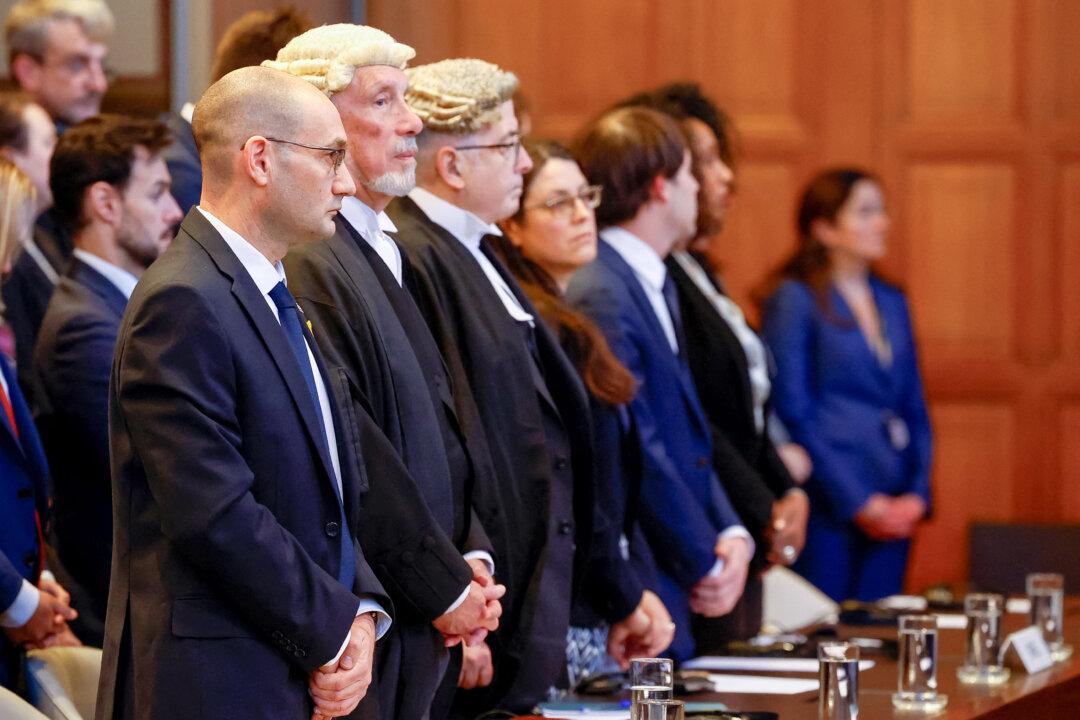JOHANNESBURG—South Africa’s embattled governing party, the African National Congress (ANC), said a “fightback” against it has begun and that it’s encountering “repercussions” after it recently took Israel to the International Court of Justice (ICJ) in The Hague for its military operation against Hamas in Gaza.
The “repercussions” could extend into domestic politics, and could involve an effort to instigate “regime change,” South Africa’s President Cyril Ramaphosa told a meeting of senior ANC officials last week.





